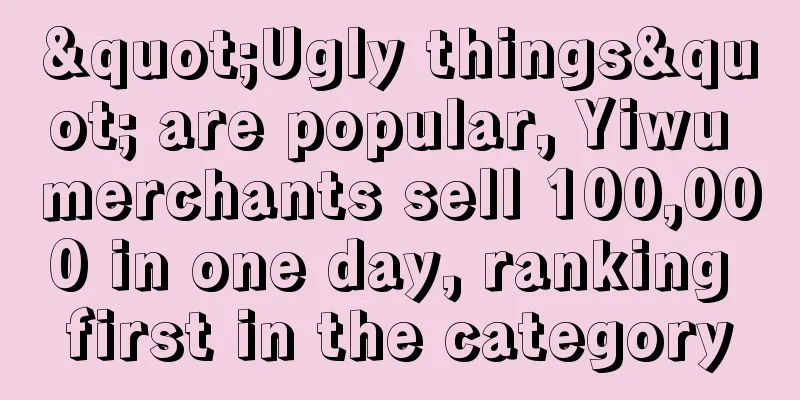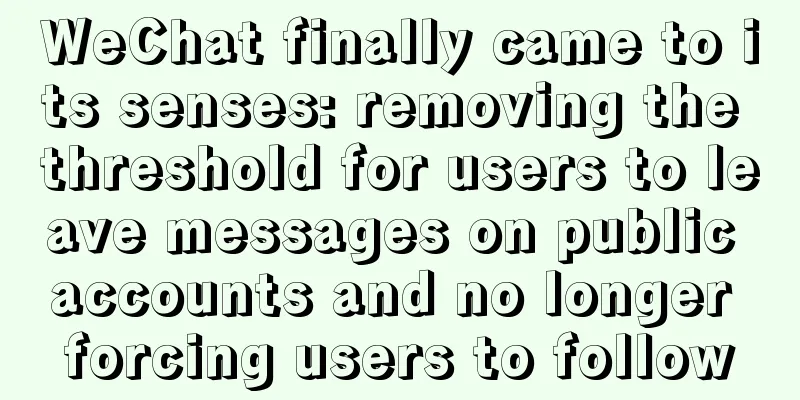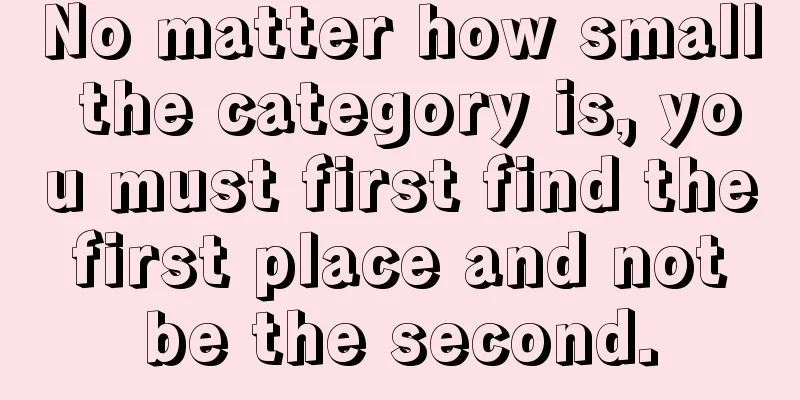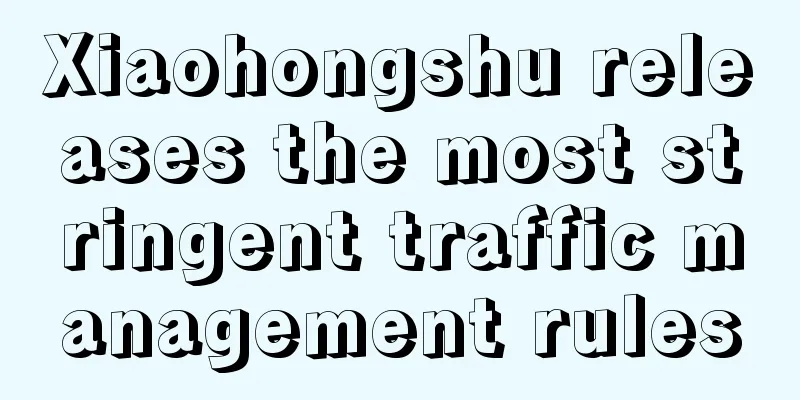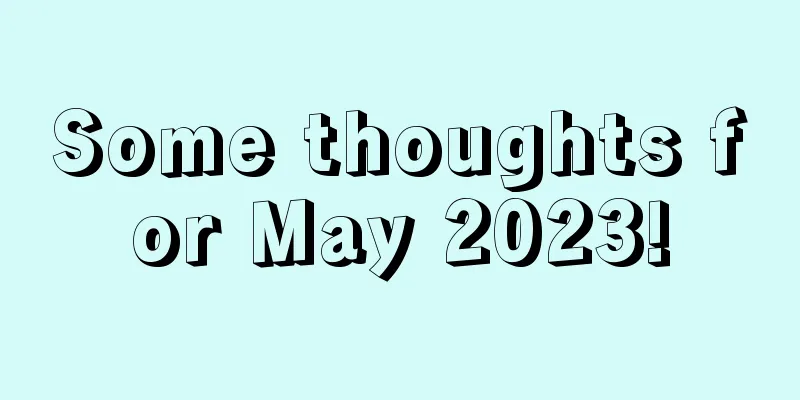How to write a personal evaluation
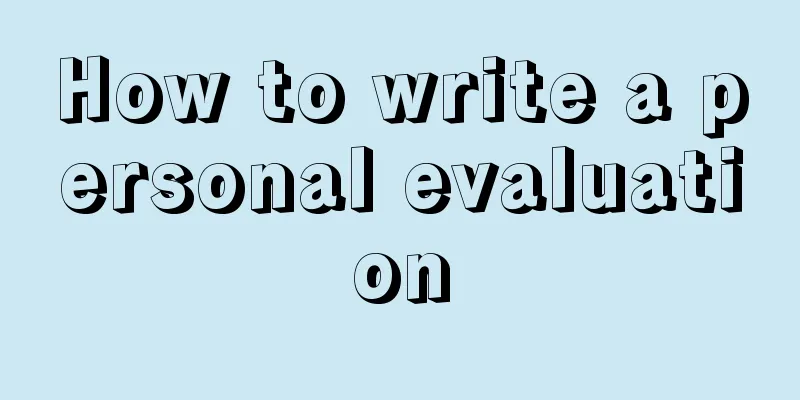
1. The role of personal evaluationFirst of all, we need to understand what is the role of personal evaluation in a resume? The first function is to summarize personal characteristics . You can extract some highlights from the work experience and project experience at the top of your resume into your personal evaluation. In this way, after the interviewer has read your resume from top to bottom, you can help the interviewer to extract your characteristics through your personal evaluation. This can guide the interviewer to grasp the key points of your resume and also enhance his memory of you. The second function is to supplement information. Some information in the resume cannot be reflected in the work experience or project experience, such as the tools, skills, characteristics, honors, etc. This information was not written before, but it is helpful for you to apply for the position, so this information should be put in the personal evaluation. Personal evaluation is generally placed at the end of the resume. This is because it is convenient for the interviewer to summarize your characteristics after reading it. Some job interview coaching courses will let you put personal evaluation at the beginning of the resume. This is also acceptable because the pace is too fast now and the time for interviewers to read resumes is getting shorter and shorter. If you put this part of summary information at the beginning of the resume, the interviewer's reading cost will be lower. If he is interested in you after reading your summary information, he can continue to read your resume and study your work experience and project experience. As for these two approaches, I don’t think there is an absolute right or wrong. It depends on which one your interviewer likes. 2. How to write a personal evaluationNow that we have talked about the role of personal evaluation, let’s take a look at how to write it specifically? Requirement 1: StructuringThe first requirement is structuring. I have coached many resumes, and some of the personal evaluations are quite fragmentary. Here is one I saw recently, and it was written like this:
The personal evaluation above is quite comprehensive. The student's basic ability is still good, and if you write it like this, it will at least pass. However, the disadvantage of this personal evaluation is that there is no structured framework. The interviewer must read the resume to know what you want to express, and it cannot achieve the purpose of quickly obtaining information. It would be better if this expression was optimized using a structured framework . We can combine the same type of content in the above information into one. And mark the topic of this line of information in front of it. For example, in the case just now, the first one mentioned SQL and the second one mentioned Excel. Both of them are data analysis tools, so they can be combined into one. We can write it like this:
Other information can also be slightly modified:
After this modification, there will be keyword reminders such as [Analysis Tools], [Analysis Methods], and [Honors Received] at the very beginning of the text. The interviewer no longer has to read all the content to know what you are going to say. He can just find the type he is interested in and read, which saves a lot of time. When we usually write structured personal evaluations, there are usually some dimensions. I have summarized them for you. Generally, there are analytical tools, analytical methods, honors, language skills, workplace skills, learning ability, etc. If you don't know what to write, then you can basically write according to these dimensions. Requirement 2: Quality over quantityThe second principle of personal evaluation is that quality is better than quantity . This means that you should try to write about what you are best at and what is most eye-catching, and don't be greedy and write everything. I have seen many students' resumes, all of which have a problem of being too comprehensive, and they write down many skills that they have a little knowledge of, which makes it look like you have a lot of skills and seem very impressive. However, in the eyes of experienced interviewers, this approach makes you feel that your ability is average. Why do I say so? In the workplace, if you have really done this kind of work, you will only come into contact with a few types of tools, not many. If you write in your personal evaluation that your skills are particularly comprehensive and broad, then there is a possibility that you do not usually use these tools yourself, but feel that you do not have any outstanding features, so you write down all the tools that you imagine an expert should use. Even if you really use all of them on a daily basis, it means that your previous company was small, the division of labor was not clear, and you had to do everything. In other words, you are not good at anything. I once coached a resume in which the applicant listed a lot of tools in his personal evaluation. For example, software tools include SQL, excel, PPT, power BI, Fine BI, and he also knew about shell, linux, hadoop, mangodb, etc. When I first saw this writing style, I judged that he rarely used these tools. I talked to him and found that he was really like this. The tools he usually used were very simple, so he felt that his skills were not rich enough and deep enough, so he wrote down some introductory tools he learned by himself. How can we streamline this skill set? My suggestion is that you should take a look at the other party's recruitment profile and see what the requirements are. Put the skills that correspond to the recruitment requirements and delete those that are irrelevant . In this way, you can show the key skills while not looking too many or too complicated. Requirement 3: Quantify your capabilitiesThe last principle is to quantify your abilities. Because personal evaluation is very subjective, you say that your communication skills are strong, how strong are they? The interviewer's opinion of strong may not be the same as your opinion, so you must have a quantitative part. For example, can SQL query ability be quantified? Generally, we use more qualitative terms such as understanding, familiarity, and proficiency. In fact, SQL query ability can also be quantified. In some recruitment requirements, it will be required to have certain SQL optimization capabilities . This sentence means that the amount of data is already very large and requires certain optimization to query normally. So, you can tell the other party that you deal with billions or tens of billions of log data on a daily basis, and have certain query optimization capabilities. Knowing the level of data you usually deal with, the other party will have a rough expectation of whether you will often need data optimization at this level of data. In addition, for example, if you want to show your ability to use a certain BI software to build a BI dashboard, you can also quantify it, for example, you are proficient in the power BI software, and you have used this software to build a number of reports under a certain number of data sources. Then these numbers can help the other party clearly understand what you mean by proficiency, in terms of how long you have used it, and how complex it is. I have mentioned this in many parts of this series of courses. Because we are data analysts, we must use more numbers to tell our story. Some abilities or experiences are really hard to quantify, so we should try to quantify those parts. For those parts that really can't be quantified, we can use cases to illustrate them during the interview to avoid being empty. Author: Jason Source: WeChat public account: "Three-dimensional variance (ID: 686668)" |
<<: Xiaohongshu’s latest hidden function starts stealing WeChat traffic!
Recommend
A guide to practicing your brand voice
Starting from the brand language system, this arti...
Batch copy of popular short dramas
Have you ever watched a short play? What is your b...
Do I need to pay taxes on Amazon personal payments? How do I file taxes?
There are more and more merchants opening stores o...
The impact of copywriting: How a tiger smells a rose
How to write a good copy and make it impactful? Yo...
All platforms are talking about “Double 11 low prices”, I want to ask merchants if they are willing?
The annual Double Eleven is coming, and e-commerce...
A "hunting feast" for double 11 by combining orders and refunding
This should have been a shopping event of buying a...
Can I get my funds back if my Amazon store is permanently closed? How can I withdraw money from my Amazon account?
Sometimes unpredictable circumstances may lead to ...
Does Wish need to pay in advance when shipping without a source of goods? How to do it?
When you do no-source delivery, you generally don&...
How to view wish stores? Where can I see store rankings?
On the Wish platform, viewing a store is an import...
Ten thousand words to explain Lopia: Japan's version of Costco, single-store revenue exceeds 600 million, how did the king of Japan's meat discount supermarkets come into being?
Starting out as a butcher shop, Lopia has become t...
Zhou Hongyi's IP business is not just about traffic.
In the digital age, how entrepreneurs use emerging...
Jay Chou endorses it! Why does Moutai want to create a cocktail?
This article starts with Moutai's new products...
How do I check my account restrictions on Amazon? Why is my account locked?
If you open a store on Amazon and your account is ...
Douyin is creating an online supermarket, aiming to enter the comprehensive e-commerce industry?
Friends who often follow Douyin should know that D...
Dissemination of scientific and technological elements: dangers and opportunities for domestic brands
This year is the year of traffic for domestic bran...

